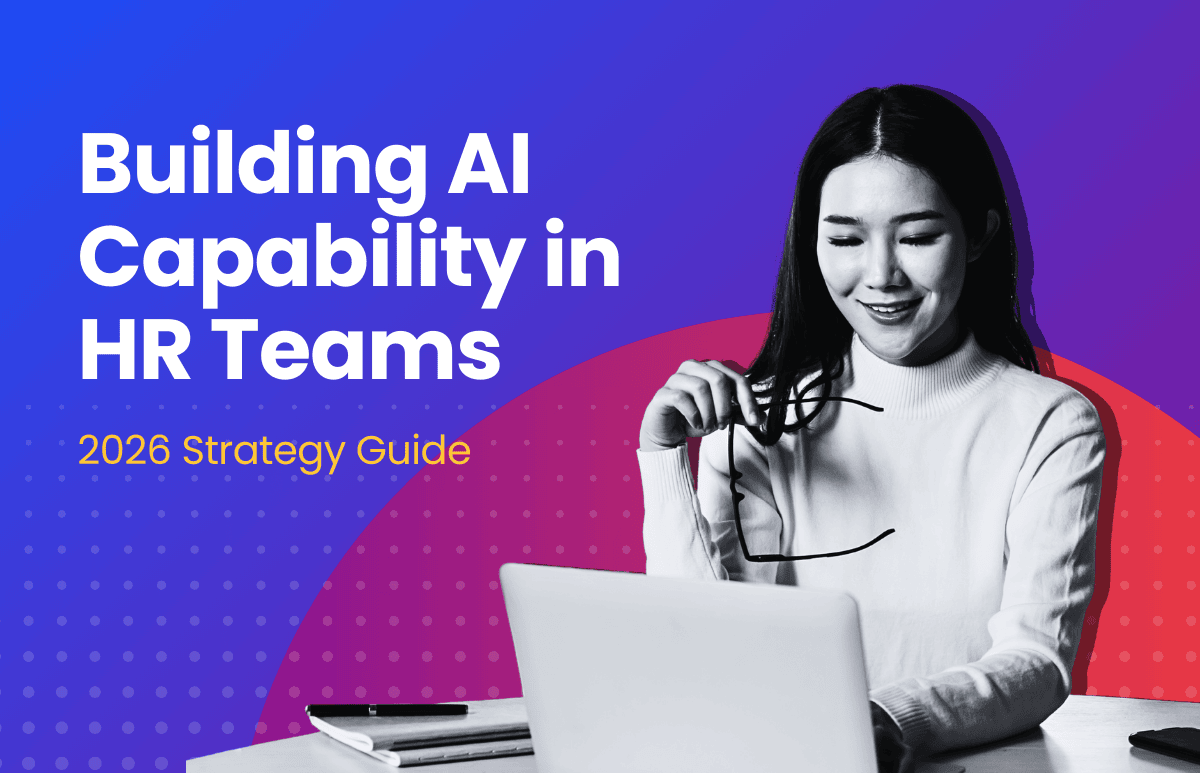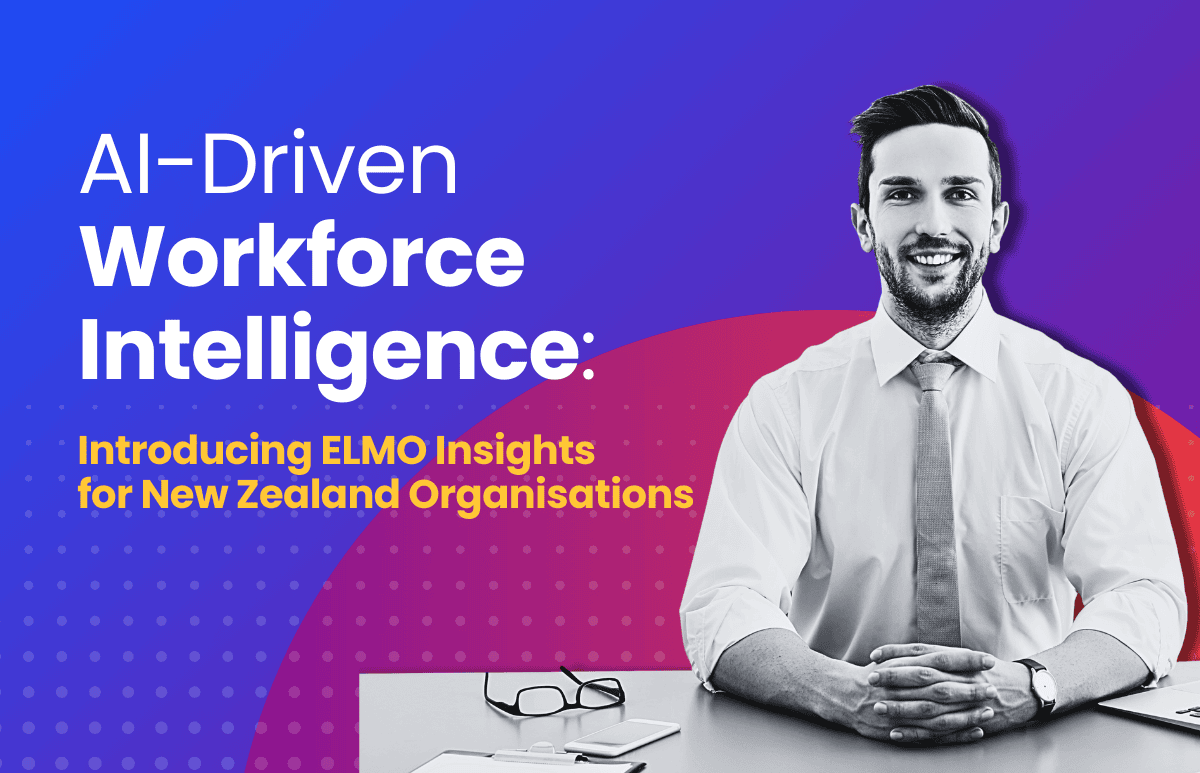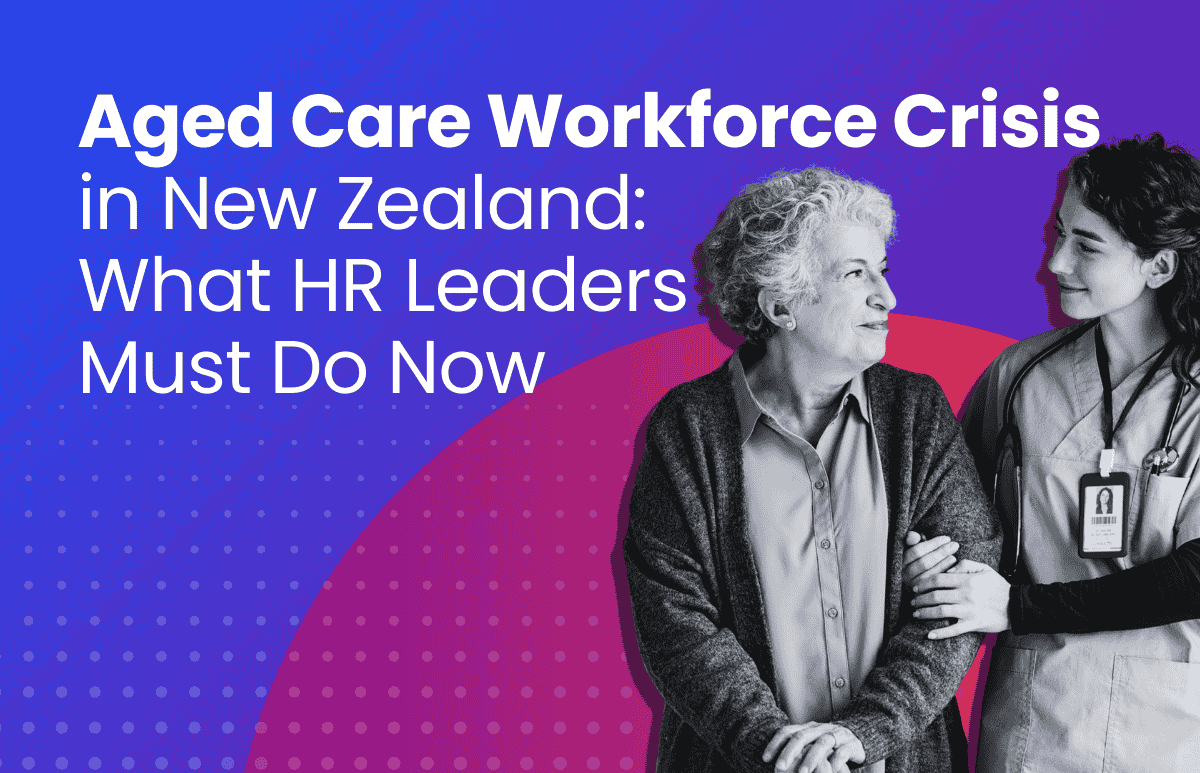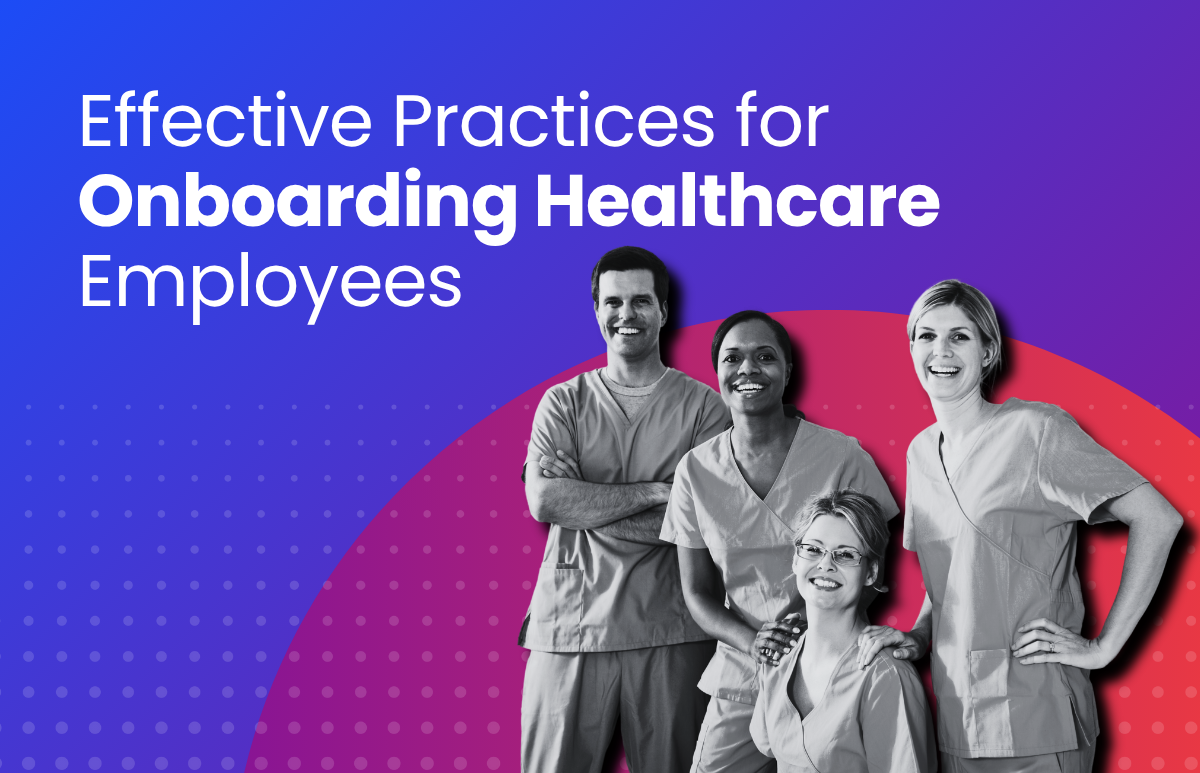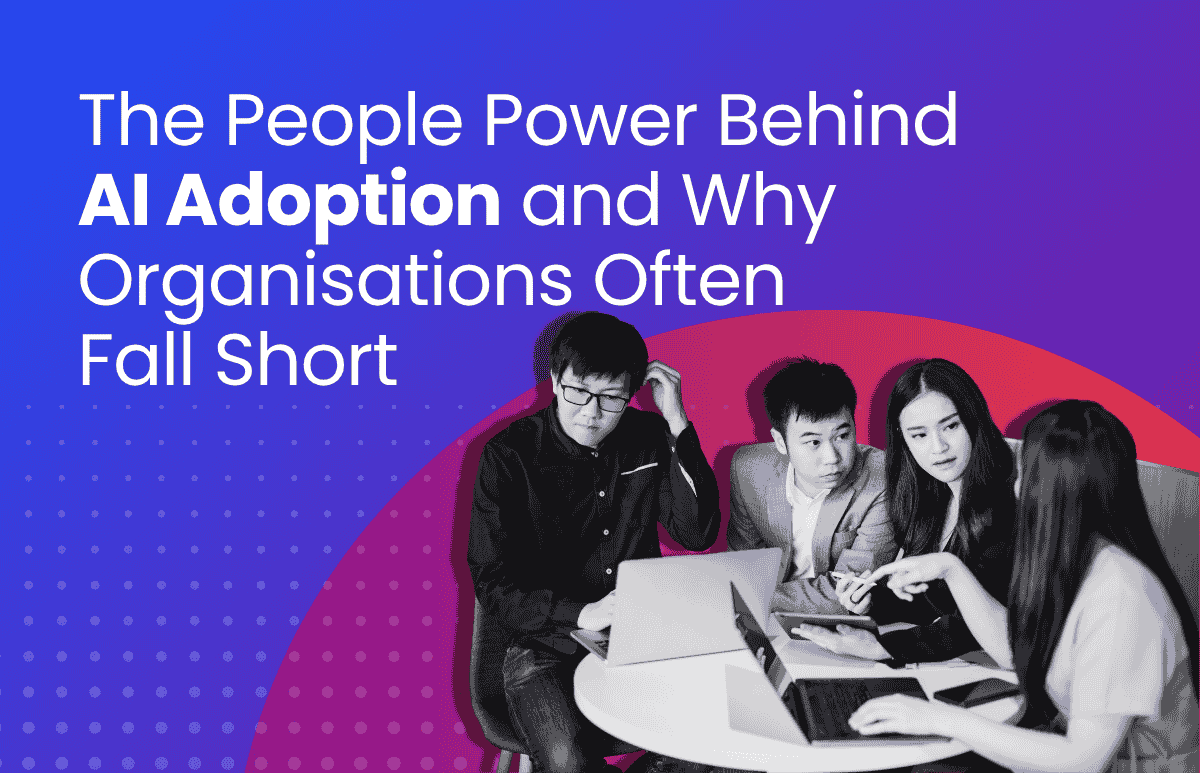The 5 Key HR Skills for Post-Pandemic Recovery

As we get used to life post-pandemic, HR and business leaders alike are evaluating the skills needed to move from fight or flight mode to recovery; to finally begin rebuilding their organisations after an enormously disruptive period. But a recent report[1] by the Australian HR Institute (AHRI) revealed that only half of HR practitioners believe their workforce is ready for the future, and even fewer believe it has the skills identified as critical for future success. This view appears to be shared by both leaders and the general workforce, with a PwC report[2] revealing that 78% of CEOs view the availability of key skills as a threat to their business growth, and only 23% of workers reporting that learning and upskilling is happening in their workplace.
The need for upskilling post-pandemic
The findings of this report highlight the need for mass workforce upskilling; now more than ever, leaders will rely on talent to help them restore their organisations to their former glory, or to branch out into previously untapped markets. The rapidly evolving technological landscape further increases this need for new skills: according to the World Economic Forum’s Future of Jobs Report[3], 50% of all employees will need reskilling by 2025, as adoption of technology increases.
It’s clear, therefore, that the pre-pandemic complacency around skillsets, capabilities and tactics simply won’t cut it in this new work landscape. And while research clearly shows that HR is aware of this skills demand, it mustn’t be forgotten that HR leaders, too, are not exempt from the need to upskill. While COVID-19 was certainly HR’s moment to shine – with the AHRI report indicating perceived HR influence on the exec team rose by 14.9% during the crisis – over half of HR professionals feel their HR team lacks the post-pandemic skills required for recovery. This suggests there is certainly room for improvement.
The 5 skills HR leaders must develop to be future-ready
Here, we discuss the five skills HR leaders must develop to be future-ready.
1. Agility
Businesses that adapt are the ones that survive, and a business’s ability to be agile following a crisis has a significant bearing on how it emerges from the other side of it. From a workforce management perspective, being agile during recovery means looking at your workforce and considering how talent can be deployed against critical strategic priorities. In fact, research has found that ‘fast’ talent re-allocators – those who re-allocate high performers to the most critical strategic priorities – are 2.2 times more likely to outperform their competitors on total returns to shareholders (TRS) than the ‘slow’ talent re-allocators.[4]
Having HR technology providing visibility of the workforce allows HR leaders make informed workforce planning decisions and sets out a strong overview of which employees will be impacted by any workforce changes.
Read our blog on the broader business benefits of adopting elements of the Agile Methodology.
2. Change management and communication
With agility comes change, and with change comes change management.
HR leaders must act as agents of change, a conduit that’s present throughout the process, from initial planning through to execution. Change management is a multi-faceted skill requiring a great deal of communication. First, HR leaders must determine who needs what information at each stage of the change process, when they need it, and why. Anyone who will be impacted by the change should have this clearly articulated to them, along with an explanation on why things are proceeding as they are – to ensure the process moves as smoothly as possible.
While critically important at the best of times, communication is integral to an organisation’s recovery. This means making employees aware of strategic priorities to ensure they are aligning their output with these. Pre-pandemic research found that 49% of companies whose employees saw a clear link between their work and the company’s strategic objectives enjoyed lower attrition.[5] Given this, it’s clear that transparent, regular, two-way communication is even more important during times of recovery, when companies are relying on retaining their top talent to help rebuild their organisations.
3. Managing wellbeing and psychological safety
Many companies wrongly believe that the key to driving financial success is a ruthless, high-pressure culture – but this is far from being the case. A Gallup report found that if organisations increase psychological safety, it makes employees more engaged in their work and can lead to a 12% increase in productivity.[6] In the uncertain times in which we now live, HR leaders must champion employee wellbeing more than ever – in order to drive loyalty, increase retention and maintain productivity.
Moreover, a psychologically safe environment is non-negotiable component of innovation. Without a sense of psychological safety, employees will not feel they are able to volunteer their ideas or raise emerging concerns or business threats – all essential requirements for rebuilding a strong, future-proofed organisation. In fact, research by PwC has shown that every dollar spent on creating a mentally healthy workplace can, on average, result in a positive return on investment of $2.30.[7]
Read more on how to create a psychologically safe workplace here.
4. Strategic workforce planning
According to AHRI’s Skills for a post-pandemic future report[8], organisations who are looking forward and making strategic decisions about their future operating model are 23.7% more likely to be confident about their HR team’s skills (52.8% confidence), than respondents from organisations in the resolving (29.4%) or reacting (28.9%) states of operation.
Strategic workforce planning during recovery phase is imperative. Rather than being limited to hiring; strategic workforce planning covers everything from the employee experience (EX), succession planning & leadership development, to scenario planning and alternative labour strategies. After all, a business will always be better prepared for a future crisis if it can pre-empt all the ways in which its workforce could be impacted by one.
Keen to learn more about strategic HR? Read our blog post here.
5. Compliance
Ever the HR-bugbear, compliance remains as important after a period of uncertainty as it does during one.
COVID-19 – with its various stimulus packages and updated WHS guidelines – only added to what is an ever-changing regulatory landscape for HR. Payroll compliance is one such area that is notoriously complex to manage.
Read more about the many facets of HR compliance in ELMO’s comprehensive eBooks. Click here for the Australian edition, and here for the New Zealand edition.
Using HR technology to automate time-consuming operational processes such as payroll, onboarding, performance management and learning & development will ensure HR teams remain compliant while clawing back time that HR can dedicate to more strategic priorities such as workforce planning and growing their influence at a senior level.
The role of HR leaders in facing uncertainty
How organisations – and their HR teams – handle recovery will define their brands in the eyes of both their workforce and their customers, establish their reputations for years to come, and determine their future competitiveness. HR leaders play a key role in making sure their workforce is adequately skilled to ride out periods of uncertainty, as well as possessing and developing their own skills needed to help their workforce thrive.
ELMO Software is a cloud-based solution that helps thousands of organisations across Australia, New Zealand and the United Kingdom to effectively manage their people, process and pay. ELMO solutions span the entire employee lifecycle from ‘hire to retire’. They can be used together or stand-alone, and are configurable according to an organisation’s unique processes and workflows. Automate and streamline your operations to reduce costs, increase efficiency and bolster productivity. For further information, contact us.
[1] AHRI, “Skills for a post-pandemic future”, October 2020
[2] PwC, “Addressing Australia’s Skills Shortage”, 2020
[3] World Economic Forum, “Future of Jobs report”, 2020
[4] McKinsey, “Linking Talent to Value”, 2017
[5] LinkedIn, “2020 Global Talent Trends”, 2020
[6] Gallup, “How to create a culture of psychological safety”, 2017
[7] PwC, “Creating a Mentally Healthy Workplace”, 2014
[8] AHRI, (n1)
 HR Core
HR Core 